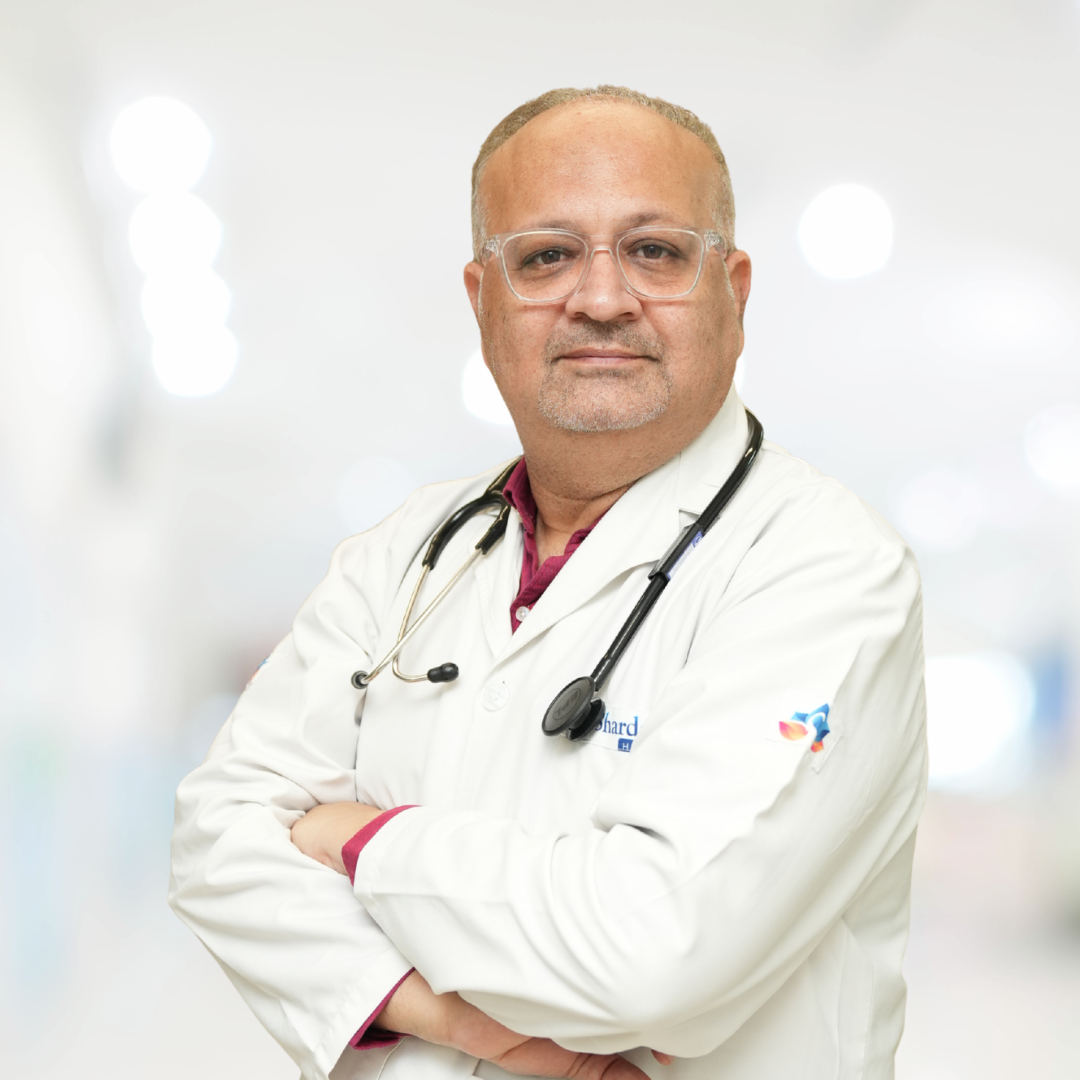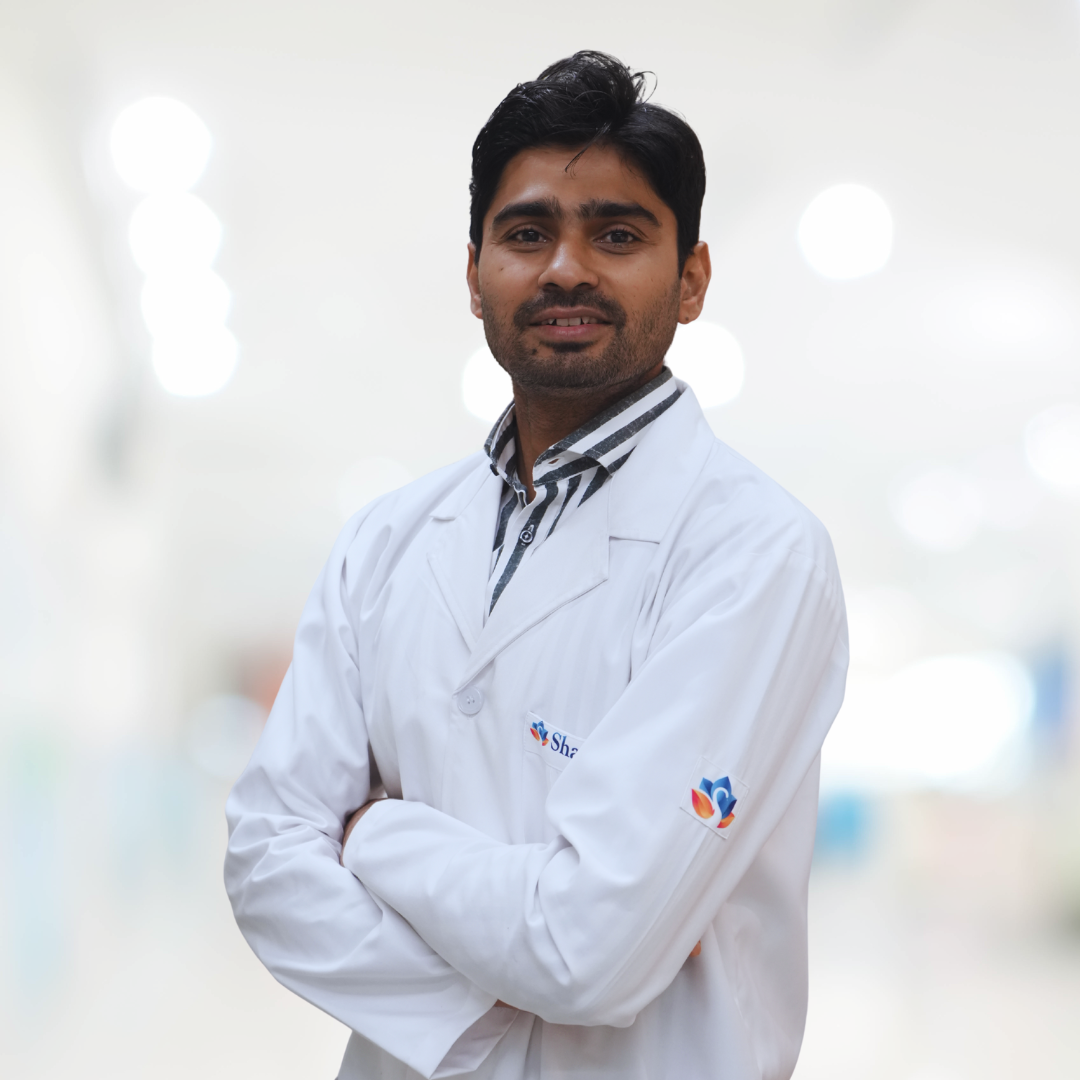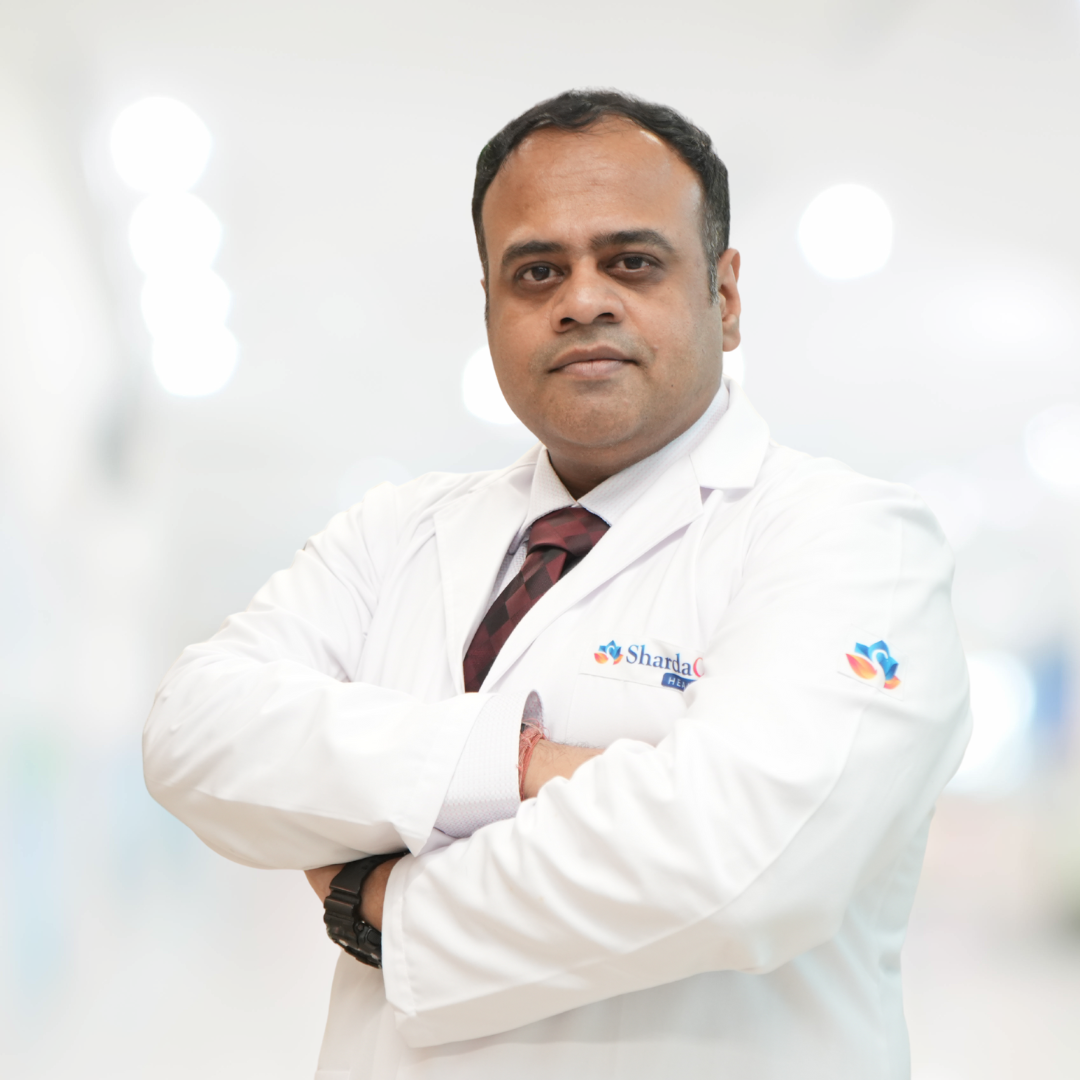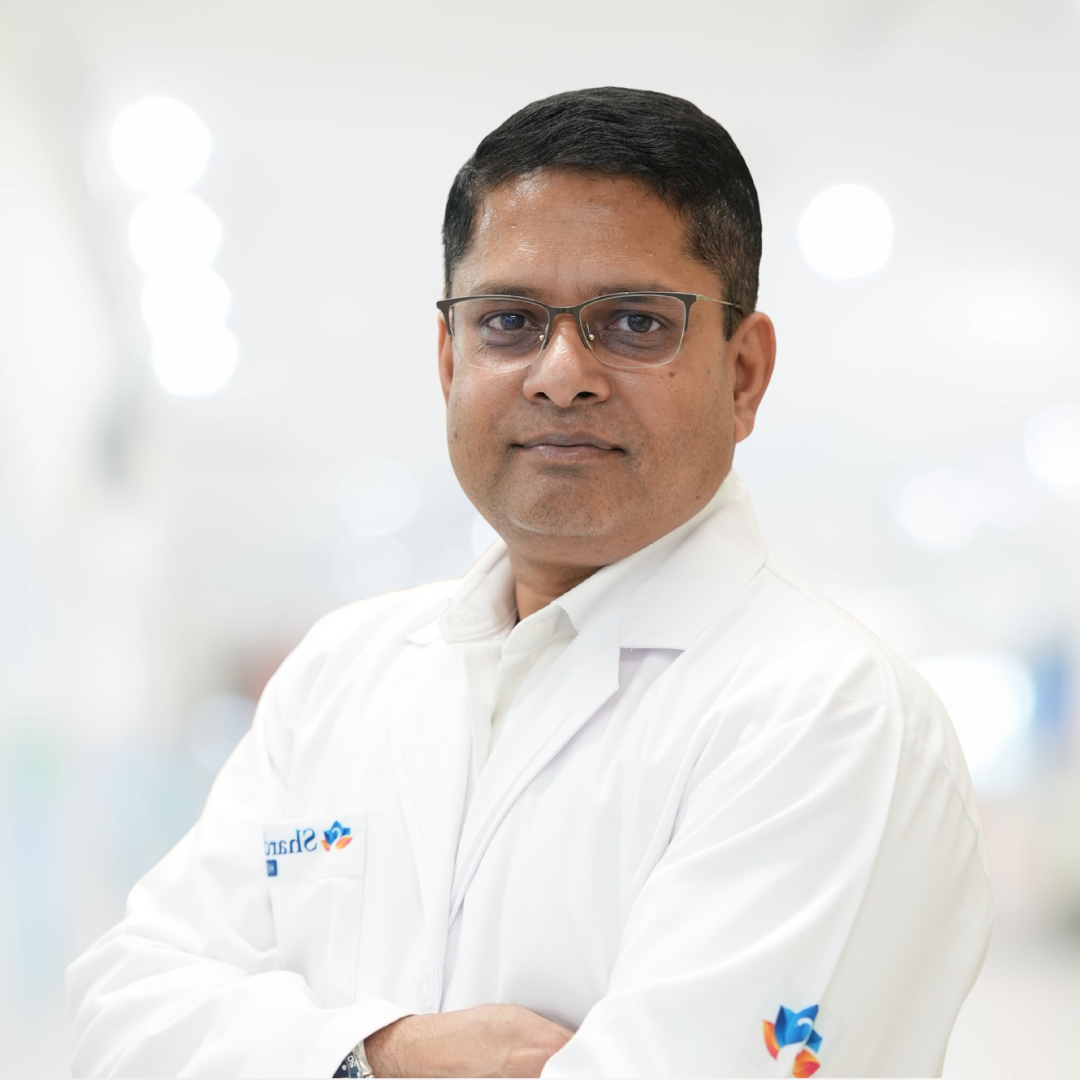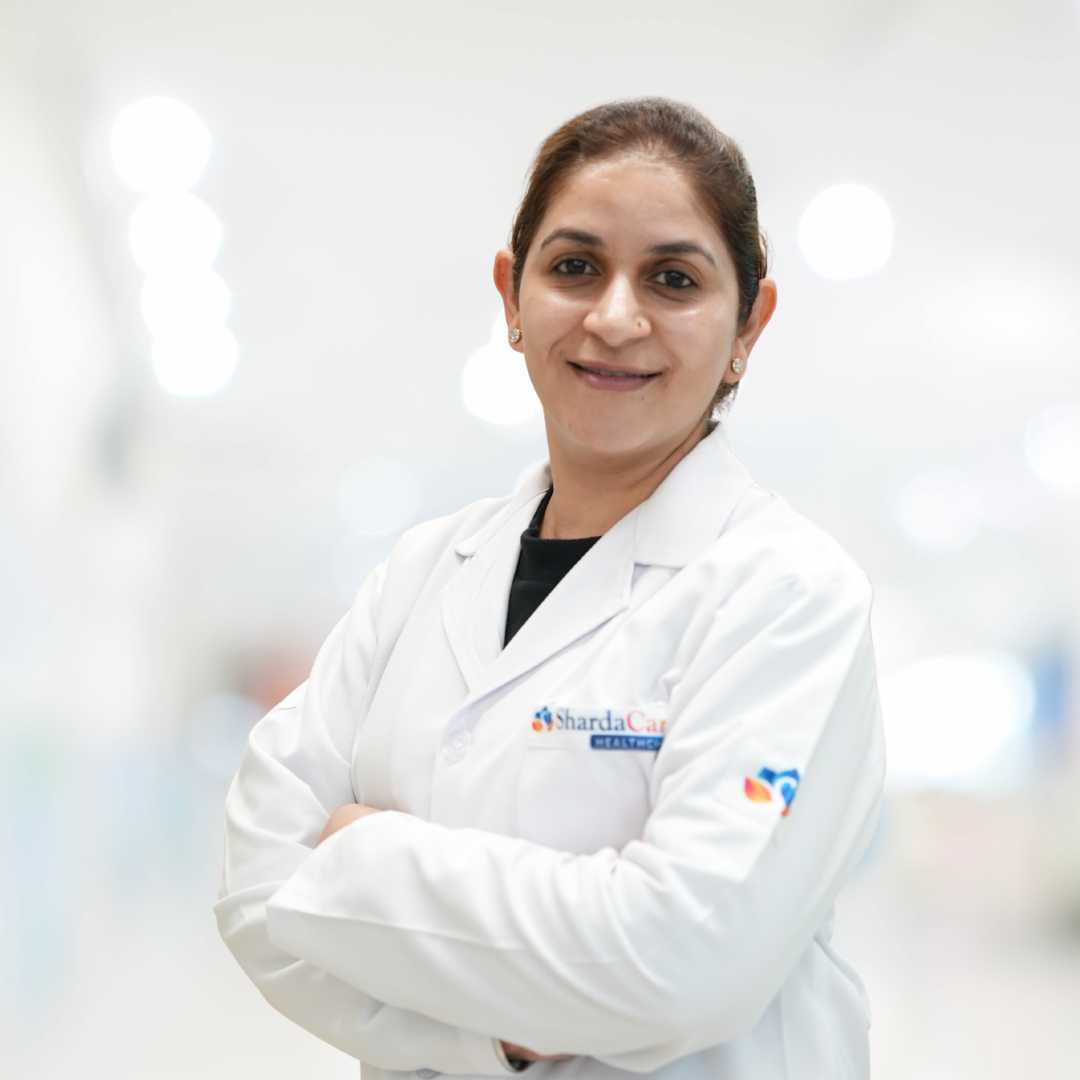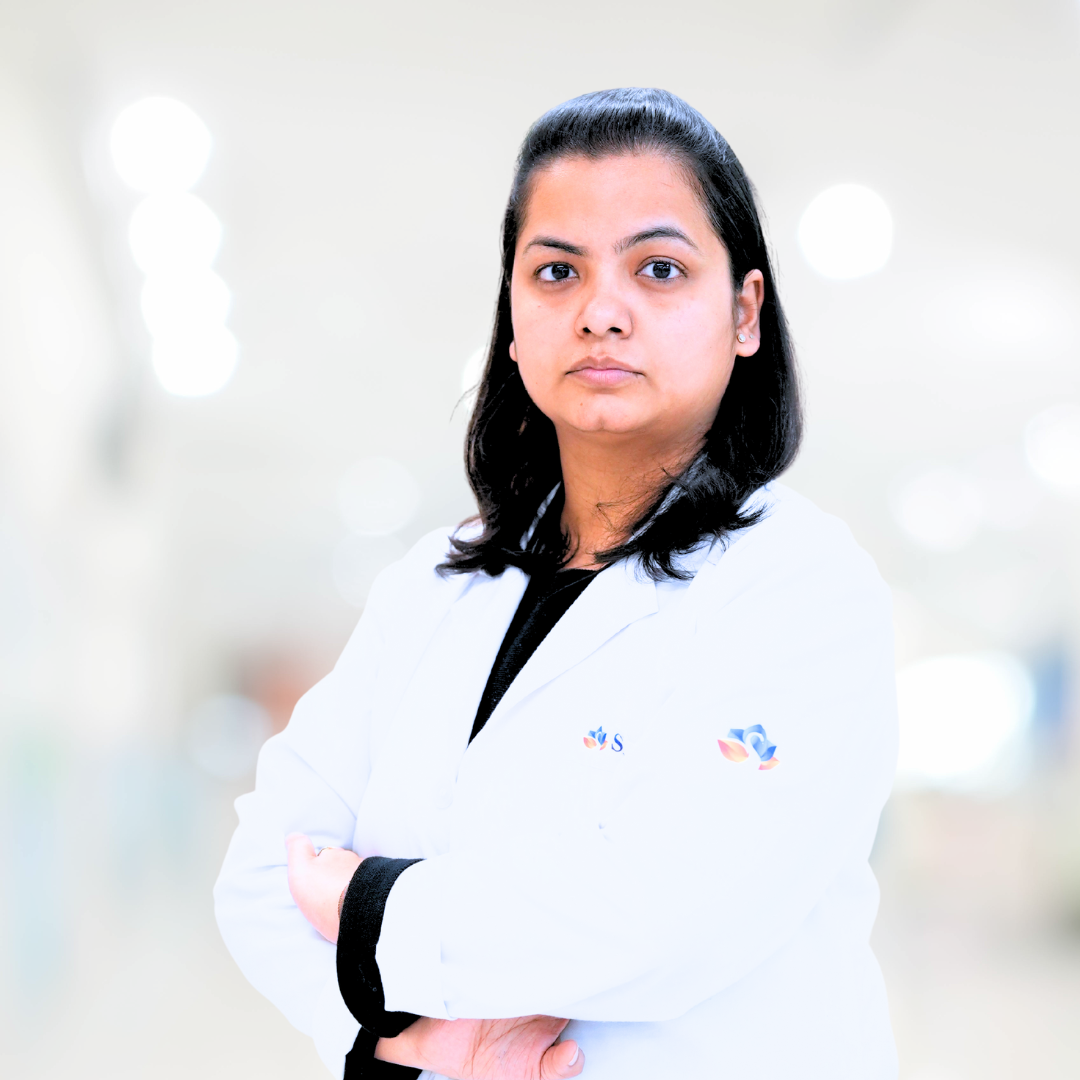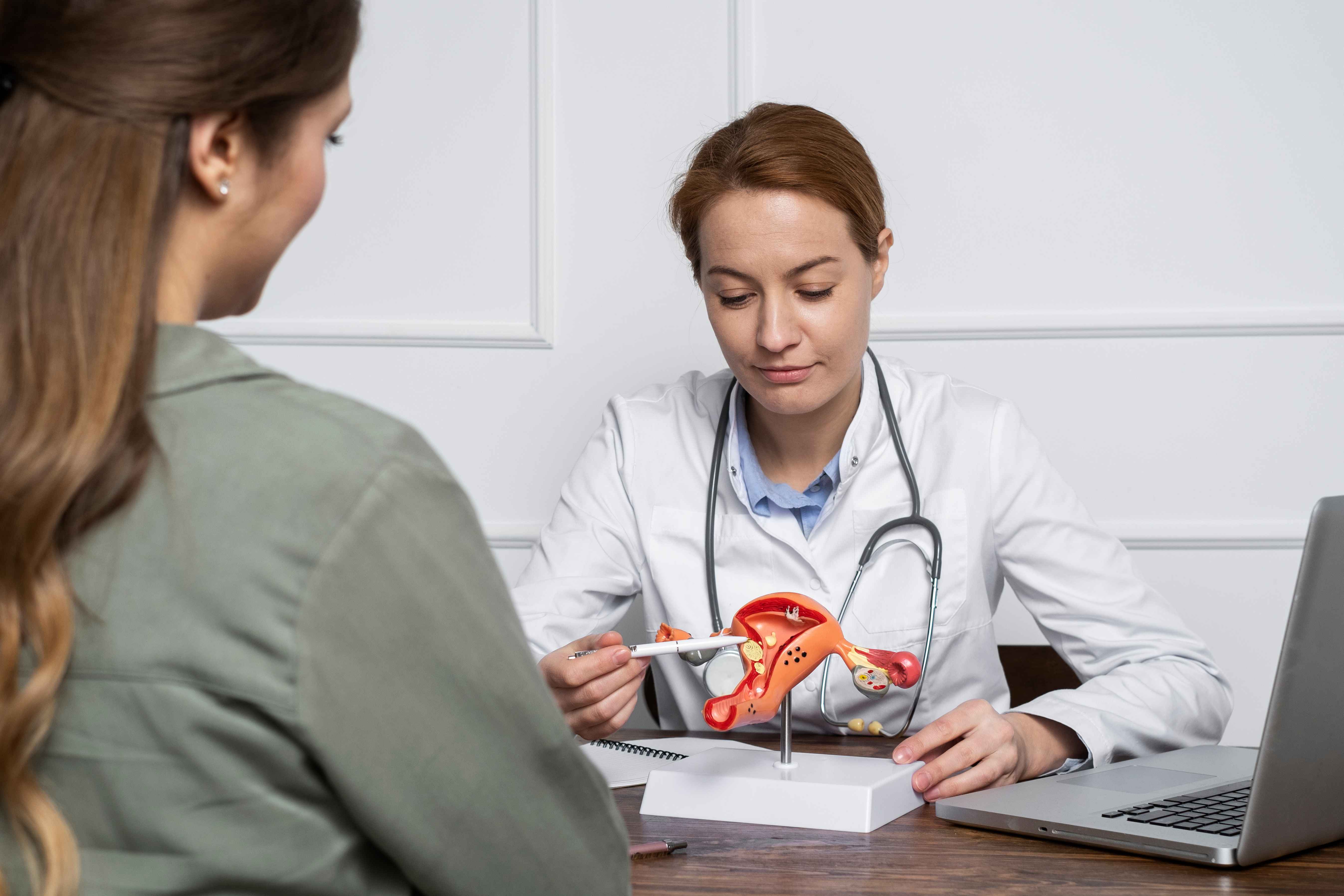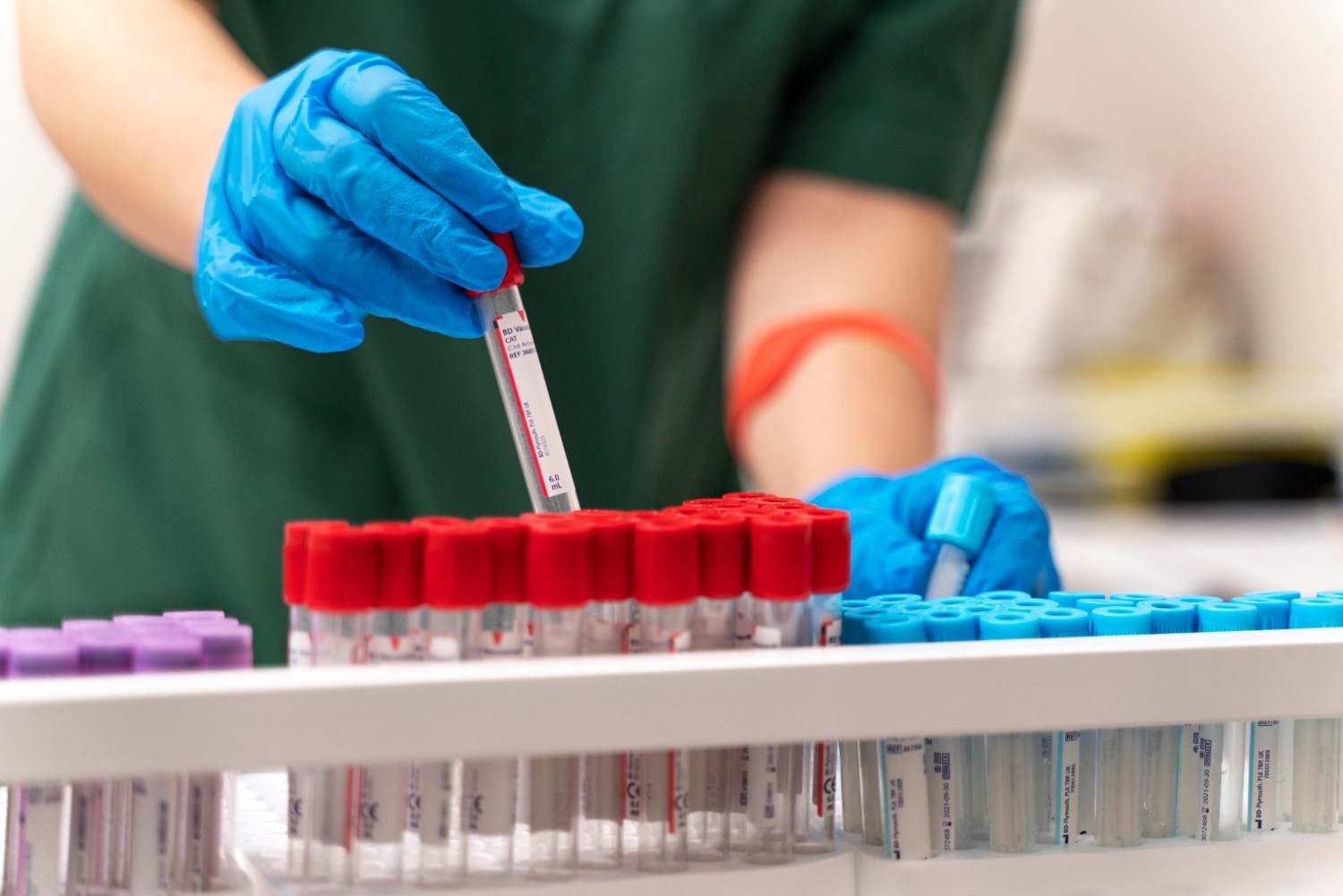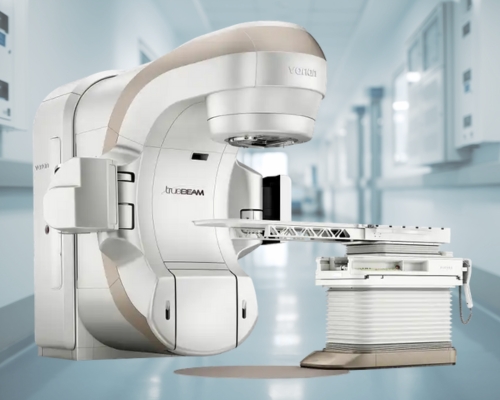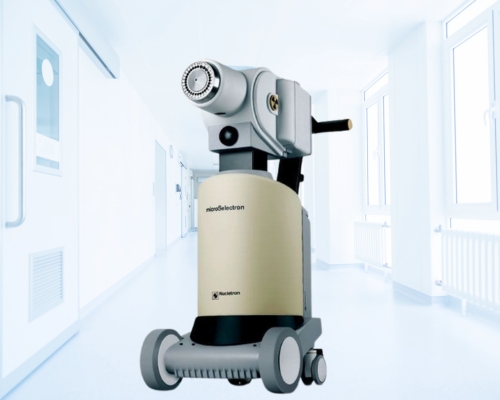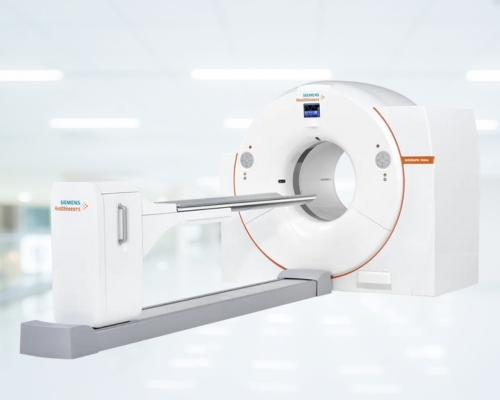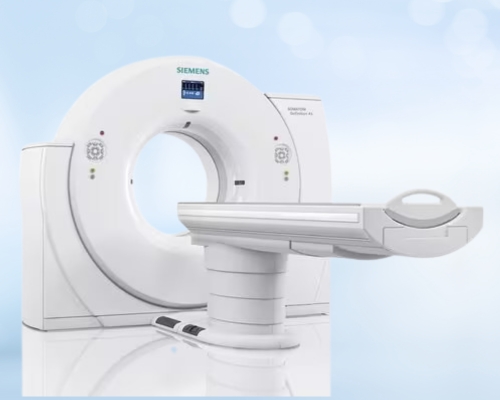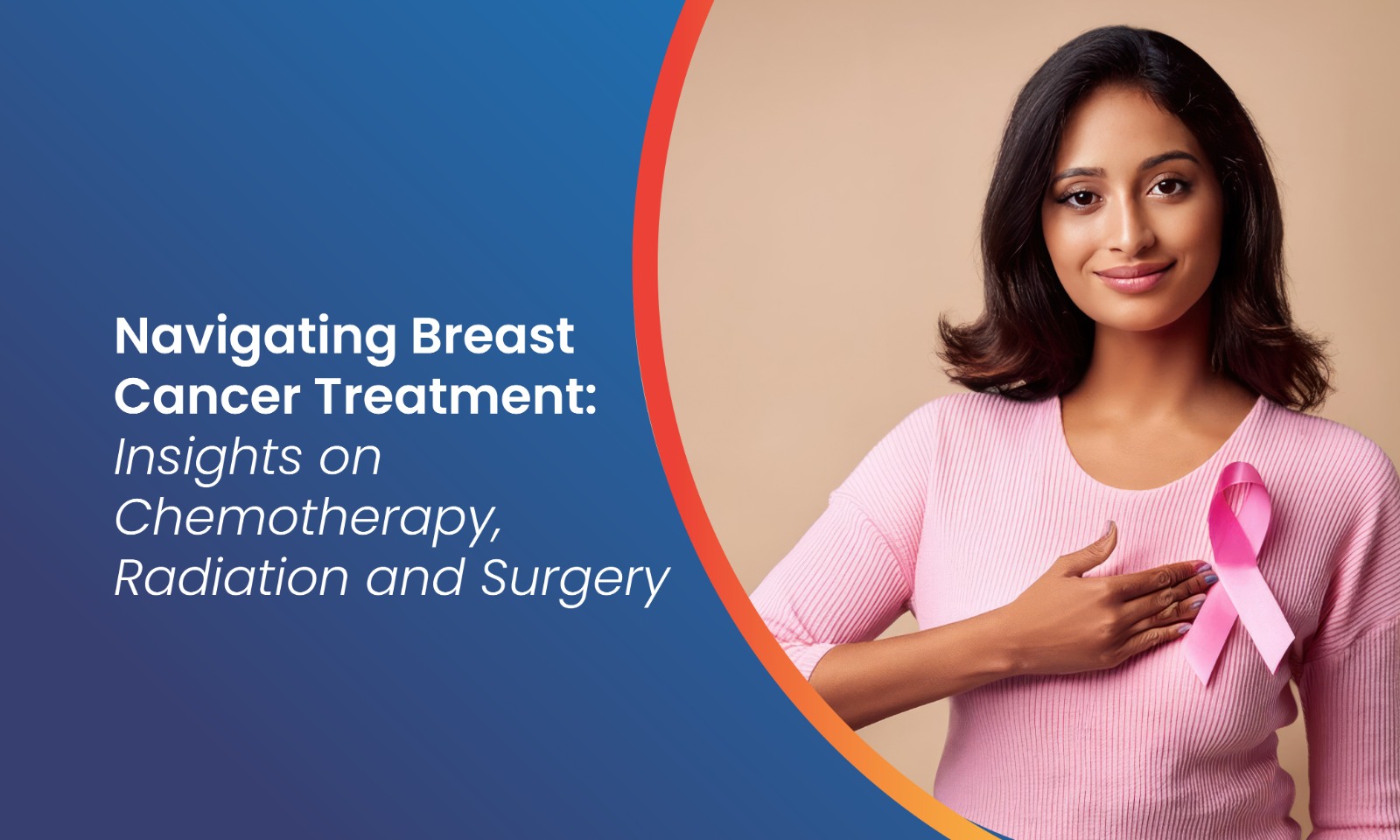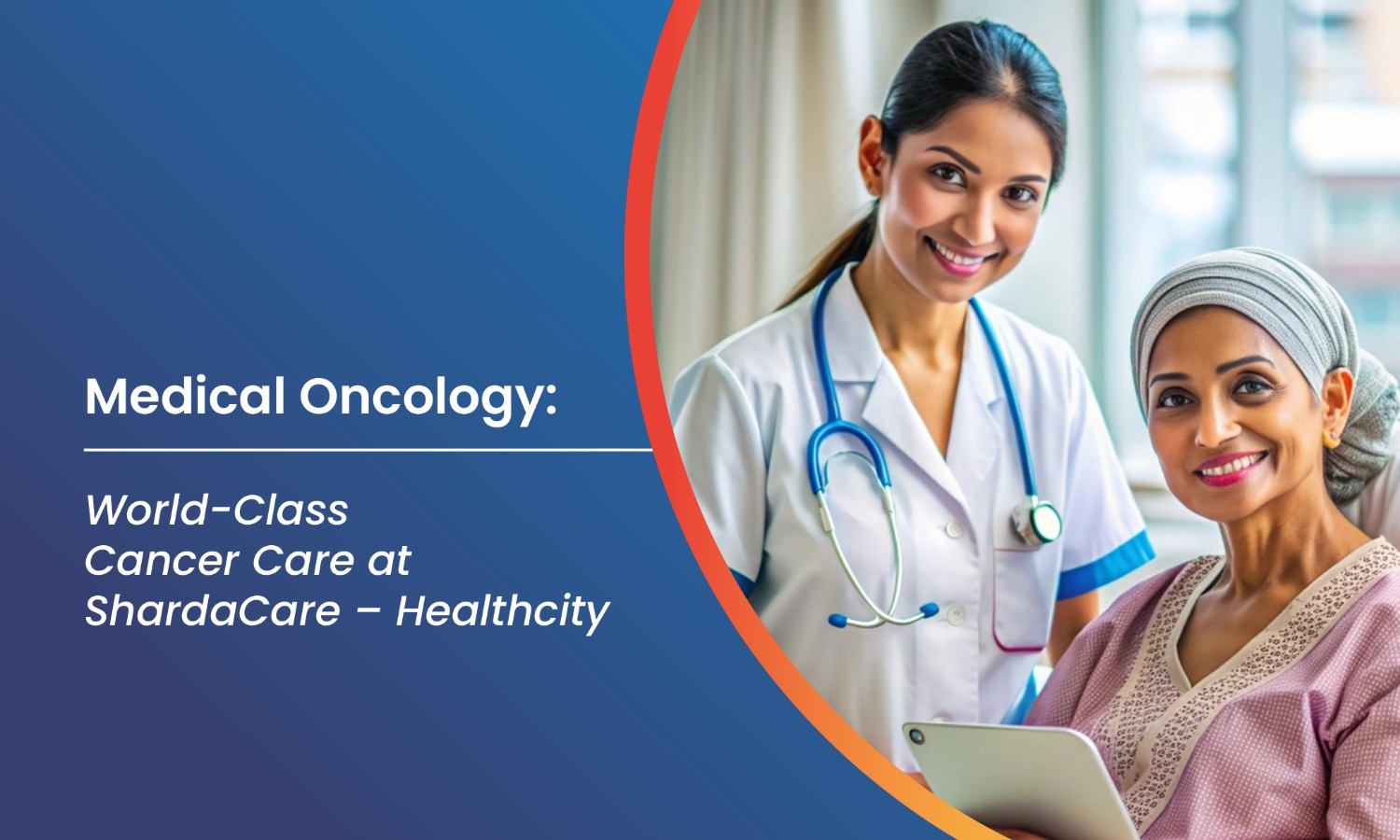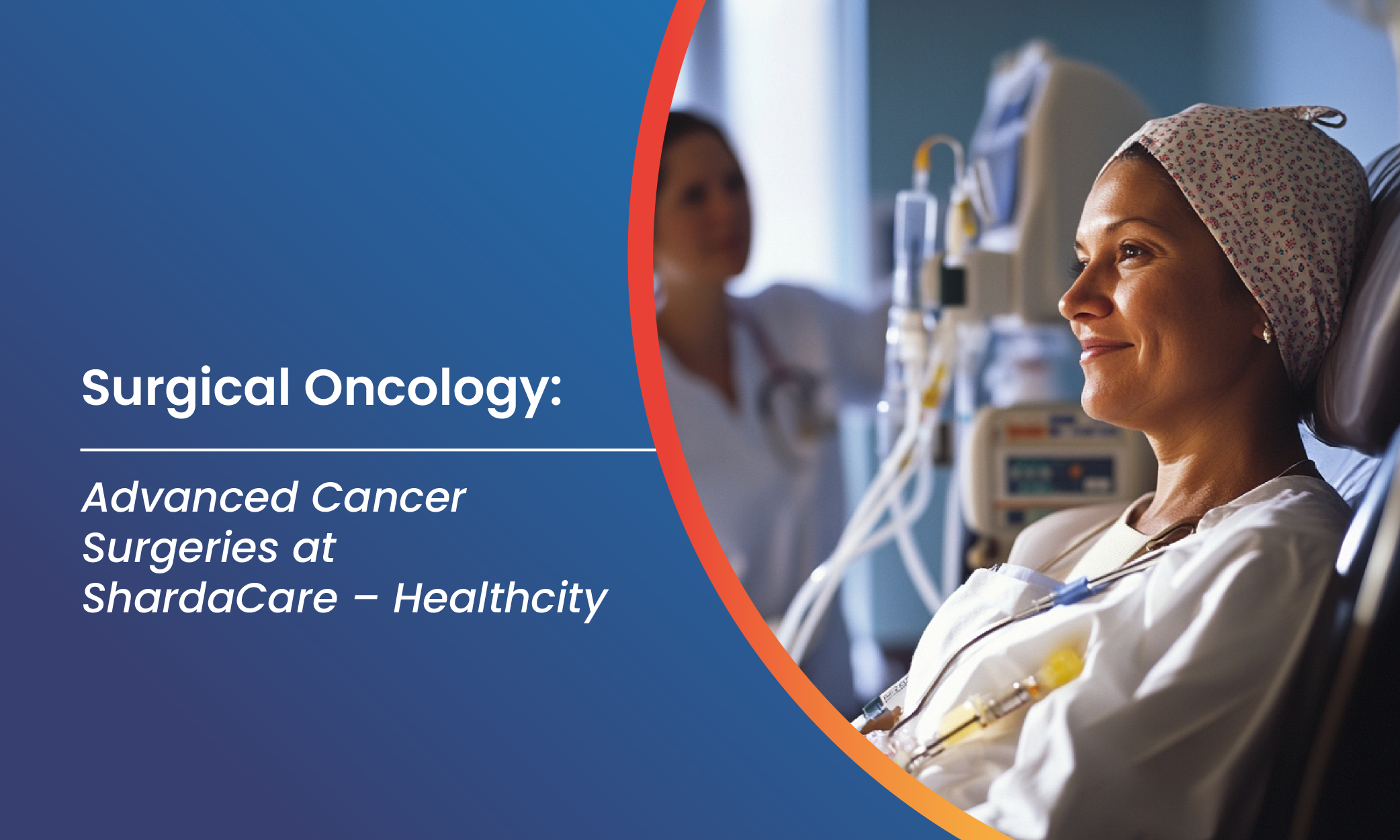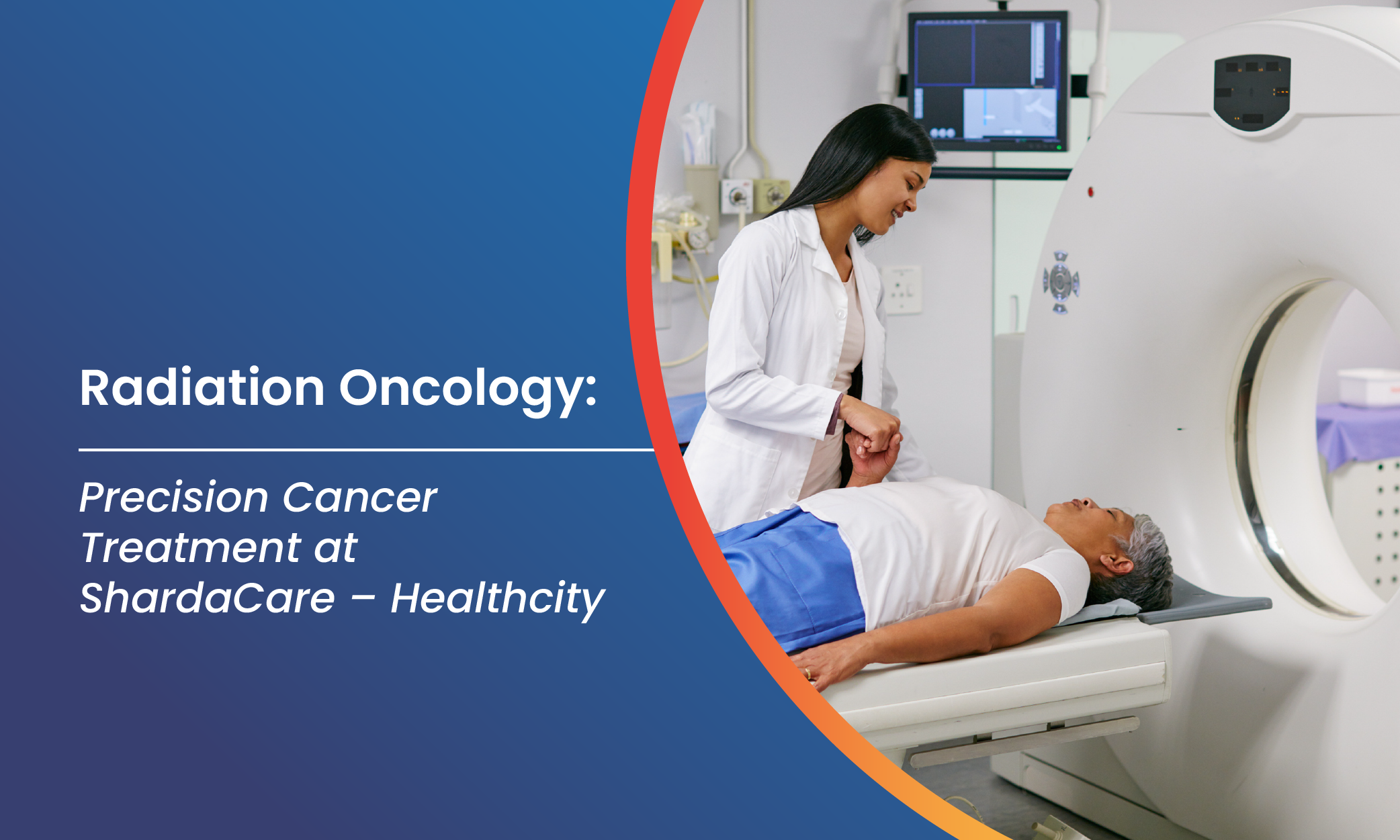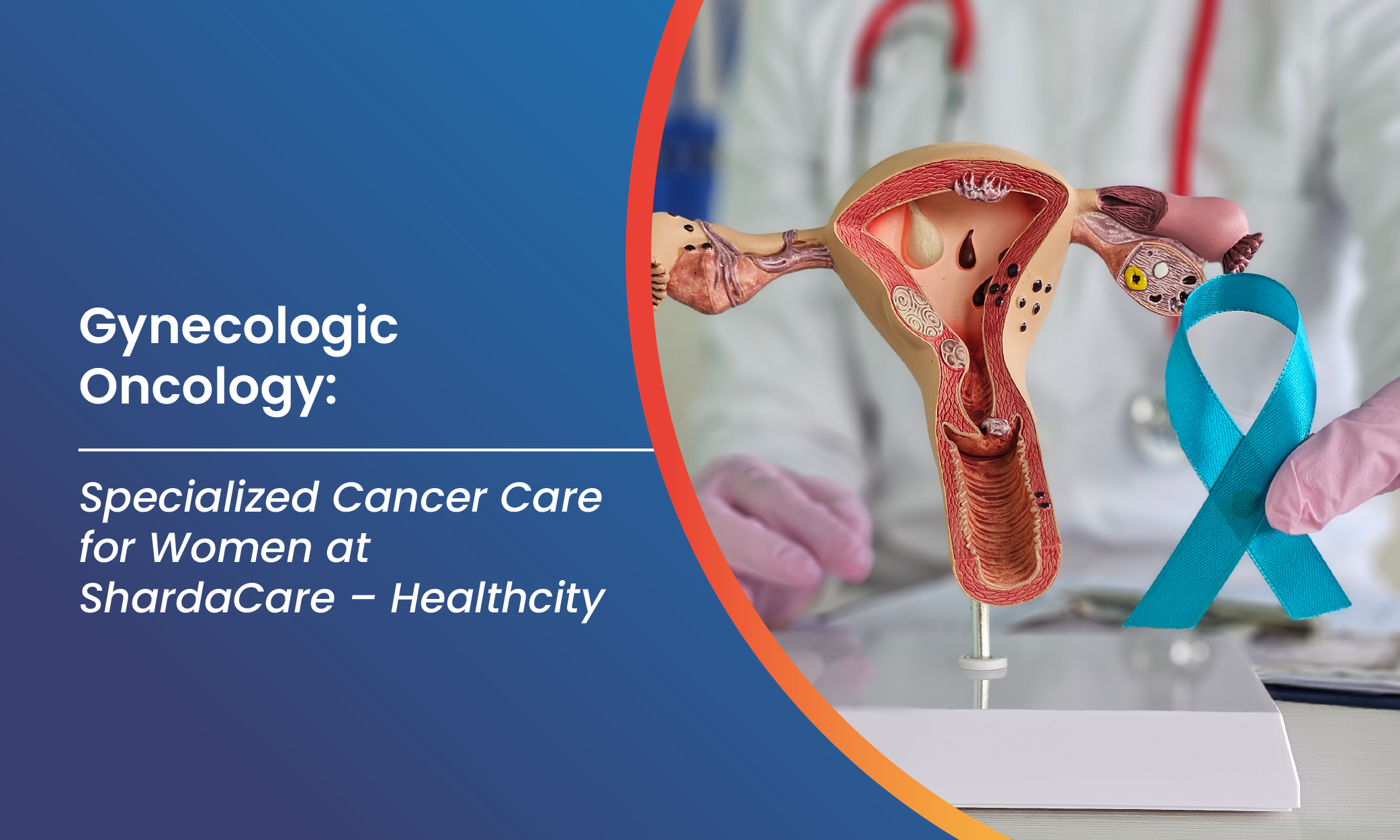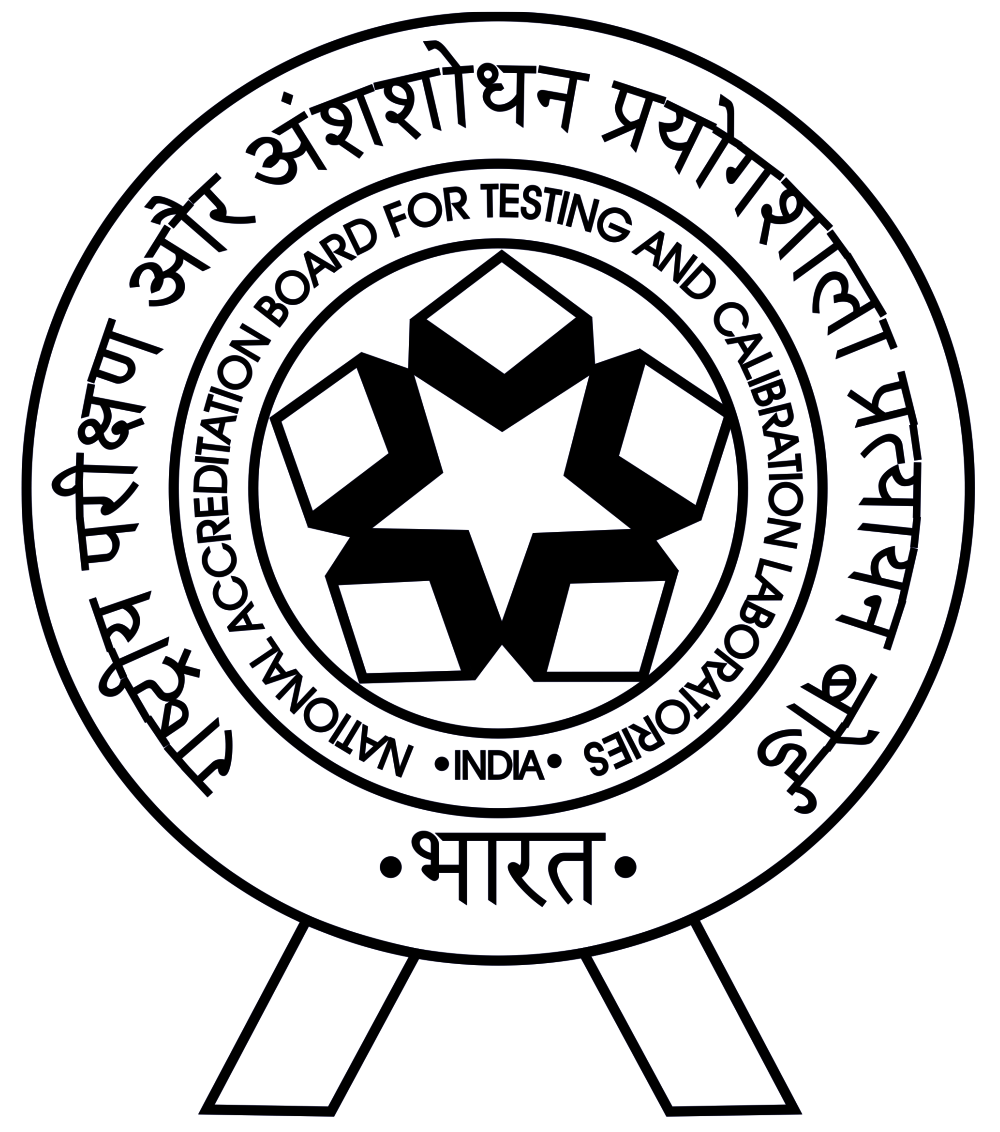
Paediatric Oncology Care for Childhood Cancers at ShardaCare – Healthcity
Paediatric Oncology is a special area of Medicine that focuses on caring for Children with Cancer. Certain Cancers like Leukaemia, Lymphoma, and Bone Tumours are more common in children. At ShardaCare - Healthcity, we are dedicated to providing comprehensive care for all types of Childhood Cancers to achieve successful treatment outcomes.
Recognising the unique needs of young Cancer patients, our hospital has specially designed areas for Children, including a dedicated clinic in the outpatient department staffed by Paediatric nurses. Our team of Paediatric Oncology experts is highly skilled and experienced in managing Paediatric cases with care and expertise.
Signs and Symptoms of Paediatric Cancer
- Unexplained Weight Loss
- Headaches
- Swelling or persistent pain in the Legs, back, or Joints
- Lumps, especially in the Abdomen, Chest, Neck, or Pelvis
- Excessive Bruising, Bleeding, or Rash
- Frequent Infections
- Whitish colour behind the pupil
- Nausea
- Constant Fatigue
Types of Paediatric Cancer
- Leukaemia: This Cancer starts in the Blood Cells and affects the Bone marrow. It includes types like Acute Lymphocytic Leukaemia (ALL), Acute Myeloid Leukaemia (AML), Chronic Lymphocytic Leukaemia (CLL), and Chronic Myeloid Leukaemia (CML).
- Lymphoma: It impacts the Lymphoid Tissues and can be Non-Hodgkin Lymphoma or Hodgkin Lymphoma. A common sign is painless swelling of Lymph nodes.
- Neuroblastoma: Beginning in the Neuroblasts of the sympathetic Nervous System, this Cancer is common in Children.
- Wilm’s Tumour (Nephroblastoma): Found in the kidney, it's the most prevalent Abdominal Tumour in Children.
- Rhabdomyosarcoma: This Cancer affects Soft Tissues, often appearing in the Head, Neck, or Urinary Tract.
- Retinoblastoma: A rare Cancer originating in the Retina, often detected by the appearance of Leukocoria.
- Osteosarcoma: A Bone Cancer that usually affects the large Bones of the Arms or Legs, commonly near the ends of Long Bones.
Treatment of Paediatric Cancer
- Surgery: This involves removing the Cancerous Tissue using a Scalpel in a Sterile Medical Setting. Some cases may require more complex surgeries, such as Cytoreductive Surgery and Hyperthermic Intraperitoneal Chemotherapy (CRS-HIPEC), in which multiple abdominal tumours are removed, followed by Heated Chemotherapy.
- Radiation Therapy: Used for localised Tumours, it delivers ionising radiation to a specific area using a machine called a Linear Accelerator. Common for Brain Tumours and Head and Neck Cancers, it's given daily during treatment.
- Chemotherapy: Drugs are used to slow down or Kill Cancer Cells. They're usually given through a Vein or orally. Some children may need a Central Venous Access Device (CVAD) for safe drug delivery without frequent needle punctures.
- Hematopoietic Stem Cell Transplantation: This replaces destroyed Blood-forming Cells with healthy ones, often after high-dose Radiation or Chemotherapy. It's also used for certain Solid Tumours.
Immunotherapy:
This targeted Therapy boosts the immune system to fight Cancer. Techniques such as Monoclonal Antibodies and CAR T-Cell Therapy have improved outcomes for conditions such as Acute Lymphocytic Leukaemia (ALL).
Looking for an Expert
ShardaCare - Healthcity is home to some of the eminent Doctors in the world.
Book an AppointmentOur Medical Experts
Related Specialties
Technology
Varian TrueBeam Linear Accelerators (LINAC)
ShardaCare - Healthcity introduces Varian Truebeam LINAC, revolutionizing cancer care with pinpoint accuracy in radiation therapy for tailored treatment plans.
Varian HDR Brachytherapy Machine
ShardaCare - Healthcity brings the Varian HDR Brachytherapy Machine, empowering personalised cancer treatment with high-dose rate therapy for localised tumours.
Siemens Healthineers PET CT Scan
Welcome to advanced diagnostics at ShardaCare - Healthcity with Siemens Healthineers PET CT Scan, offering unparalleled imaging precision for comprehensive disease assessment.
GE 256 Slice CT-Scan
Enhance diagnostic capabilities at ShardaCare - Healthcity with GE 256 Slice CT-Scan, providing exceptional image clarity for precise medical evaluation.


